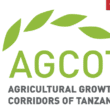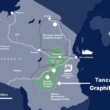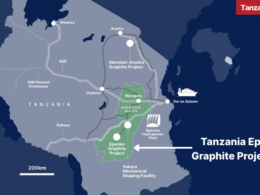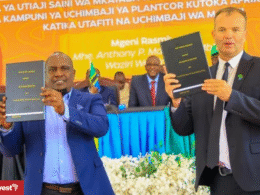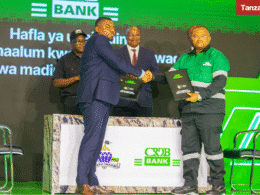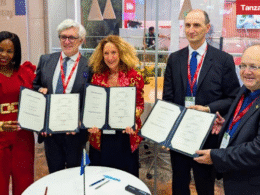Charles R B Rwechungura, Cyril Pesha and Pendo Marsha Shamte
Overview
i. The Tanzania Mineral Policy of 2009
The Tanzania Mineral Policy of 2009 was formulated as a result of an evaluation conducted during the 10 years of implementation of the Mineral Policy of 1997.
The Mineral Policy of 2009 aims at:
- strengthening integration of the mineral sector with other sectors of the economy;
- improving the economic environment for investment;
- maximising benefits from mining;
- improving the legal environment;
- strengthening the capacity for administration of the mineral sector;
- developing small-scale mining operations;
- promoting and facilitating the addition of value to minerals; and
- strengthening environmental management.
The government remains the regulator and facilitator of the mineral sector, and will participate strategically in mining projects.
ii.Ownership of mines, licences and projects
An individual or an entity can own mineral rights in Tanzania either:
- by conducting exploration or mining operations under a mineral right granted under the Mining Act 2010 (‘the Mining Act’) and the Mineral Rights Regulations. Mineral rights are in the form of primary mining licences, prospecting licences,mining licences and special mining licences, all of which entitle the holder to ownership of the gold extracted from the relevant licence area; or
- buying minerals from a licensed broker or an authorised miner.
It is mandatory to apply for and obtain one of these licences from the Ministry of Energy and Minerals (‘the MEM’) in order to prospect for and mine gold. The nature of the various mineral rights granted under the licences is as follows:
- Primary mining licences are granted to Tanzanian small-scale mining operations. Primary mining licences for all minerals cannot be granted to an individual, partnership or body corporate unless the individual is a Tanzanian citizen or, in the case of a partnership, it is composed exclusively of Tanzanian citizens or, in the case of a company or body corporate, its members and directors are Tanzanian citizens and control over the company, both direct and indirect, is exercised from within Tanzania by persons who are all citizens of Tanzania. However, under a farm-in agreement, a non-Tanzanian person or a foreign-owned company can prospect for gold in a primary mining licence area.
-
Under Tanzanian law, prospecting licences may be granted to eligible individual persons, groups of persons or corporate entities. Both Tanzanian and non- Tanzanian nationals and entities are eligible for the grant of prospecting licences. The Mining Act confers upon a prospecting licence holder the exclusive right to carry on prospecting operations in the prospecting area for minerals to which the licences apply.
-
Under Tanzanian law, mining licences and special mining licences may be granted to eligible individual persons, groups of persons or corporate entities. Both Tanzanian and non-Tanzanian nationals and entities are eligible for the grant of mining licences. Once the mining licences and special mining licences have been issued to an individual or an entity, mining operations can commence, and the individual or entity becomes the owner of the minerals extracted (it should be noted that a royalty of 4 per cent of the gross value of mined gold is payable to the government).
iii. Division of mineral rights
In Tanzania, mineral rights are divided as follows:
- Division A – prospecting licences and retention licences;
- Division B – special mining licences and mining licences;
- Division C – primary mining licences; and
- Division D – processing, smelting and refining licences.
iv Notable developments
To date, there have been no significant trading agreements regarding minerals in Tanzania. Large-scale mining companies may enter into agreements with the government that guarantee the fiscal stability of a long-term mining project with respect to the range and applicable rates of royalties, taxes, duties, fees and other fiscal taxes, and the manner in which liability thereof is calculated (‘development agreements’). Development agreements acquire legislative effect upon execution, and any tax concessions contained therein will also acquire legislative effect without any further requirement. However, the government is currently seeking to renegotiate mining contracts, and in future this will no longer be the case. It is not mandatory under the law that the government have shares in mining companies. However, the law does contemplate that the government, through the Minister for Energy and Minerals (‘the Minister’), may enter into a mining development agreement with the holder of, or an applicant for, a special mining licence.
you can read the full Rewiew on Tanzania Mining Law by CRB AFRICA LEGAL which includes Mining Legal Fremework. Mining Rights and Required Licenses and Permits, Environment and Social Considerations, Operations Processing and Sales of Minerals, Outlook and Trends :
About the Author:
http://tanzaniainvest.com/law/attorneys/942-crb-africa-legal


